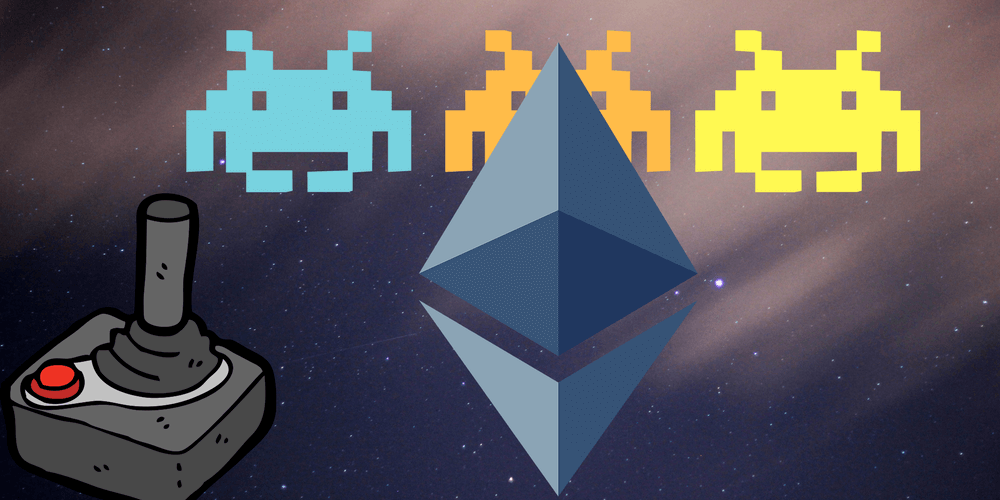
Immutability deriving from Bitcoin’s proof of work consensus protocol and its mining ecosystem has proven to be beneficial for a variety of applications including identity verification and data processing. Outside the traditional realm of finance, developers are beginning to utilize the immutable nature of blockchain technology to create a more transparent and fair gaming environment.
The exchange of in game items or rewards for cash has been taking place since online gaming first launched, and though this was largely frowned upon by developers who prohibited trading, secondary “black” markets were created and have thrived ever since. According to 3 studies conducted between 2005 and 2009, 20% of the MMO players who were questioned had traded in game items for real money. Since the earlier days of online gaming, developers and publishers have realized the value of selling items within games and the virtual goods market is now said to be worth in excess of $15 billion.
Two major issues with in-game marketplaces are that the game developers have absolute control over which items are distributed and their scarcity. As an example, FIFA online was the second most popular online game in South Korea. However, as Nexon, the developer of the game, announced the launch of FIFA Online 2, items that cost players tens of thousands of U.S. dollars were distributed for free. The decision from Nexon infuriated players, as many had either spent hours unlocking items, or had spent money on purchasing them within the game’s marketplace.
Earlier this month, HashRush announced that it is developing the world’s first hash-powered web-based game, incentivizing users with cryptocurrencies. By launching their game on top of the Ethereum blockchain, the HashRush development team explained that players will be able to obtain tokens that are compatible with the network’s native token Ether as the in-game reward.
“At its heart, Hash Rush is an RTS game — the goal is to conquer the galaxy, by building, maintaining and expanding your colony. But what makes Hash Rush unique is its focus on cryptocurrency mining. Once you got a hold on some Rush Coins (Ethereum-based token), you can use them for in-game transactions. Spend Rush Coin to upgrade your colony, fend off natural disasters or create more miners — it’s your choice,” said the development team.
In the future, as both Ethereum and the entire cryptocurrency market gain more mainstream adoption, HashRush aims to handle millions of users playing the game in real time, however, achieving that vision is ultimately dependant on the Ethereum network scaling accordingly. Until now, despite its multi-billion dollar market cap and the ICO market that has raised over $1.5 billion within the past two years, Ethereum is yet to see a successful decentralized application (Dapp) running on the network.
Although the lack of Dapps can be attributed to the lack of adoption of cryptocurrencies at this early stage in development, Fred Ehrsam, the co-founder of Coinbase, the largest bitcoin wallet service provider, explained in an extensive analytical paper that in order for Ethereum to handle a Dapp with 1 to 10 million users, it will need to scale or improve at a rate of 100x
“Dapps can’t run solely on chain and likely never will. They need off-chain scaling solutions. While it’s tricky to make accurate estimates when combining scaling improvements, it’s conceivable we could see a 100x improvement by the end of 2018, which would allow a 1–10m user app. Scaling is multidimensional. Different methods address different things,” Wrote Ehrsam.
Correction: In a previous version of this article we suggested that Ethereum’s switch to proof of stake would hinder Hashrush, however, this is incorrect. Within the game you can easily switch your miners between different mineable currencies such as ETH, ETC and ZEC.

